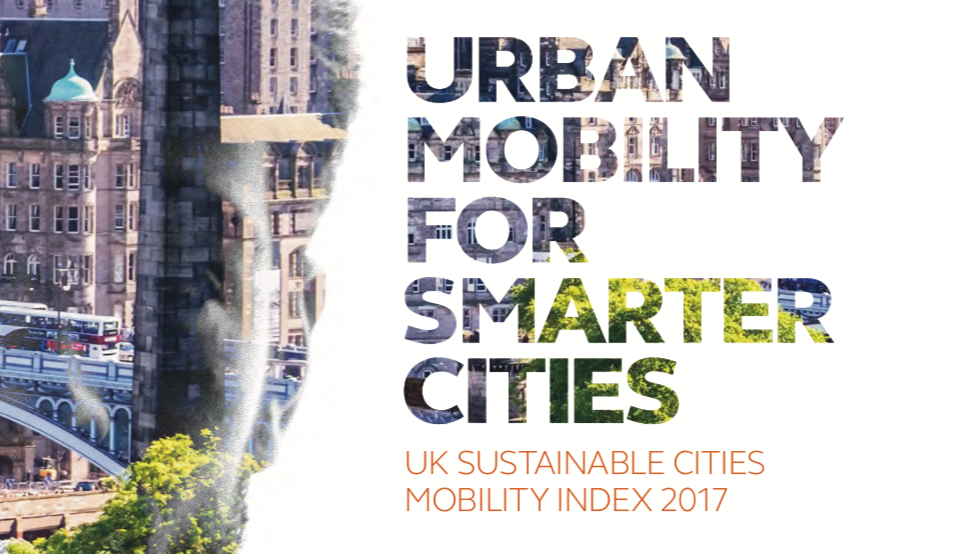Mobility is fundamental to the everyday functioning of a city, and underpins wider economic performance.
The Arcadis 2017 Sustainable Cities Mobility Index, compiled in partnership with the Centre for Economic and Business Research (Cebr), tracks the overall performance of the mobility systems in 100 cities around the world. The index is built from 23 separate indicators, grouped into three sub-indices: People, Planet and Profit.
Combining these individual metrics and sub-indices into an overall index score gives a picture of the current state of a city’s urban mobility environment.
Key Findings
- The picture in the UK is split. Edinburgh is the best of the European cities when it comes to commuting times, lack of congestion and fewer delays, while metropolitan London sits in the top three on all fronts.
- Edinburgh, Birmingham and London lead Europe as locations which are able to fund their transport needs through revenues – a sign of an economically sustainable system.
- Manchester performs consistently across the index, although there is still significant room for improvement when it comes to fighting congestion and delays.
- With the oldest underground system in the world, London is a city with one of the largest shares of its budget spent on transport. But the capital’s vast network is also the least affordable in Europe. Combined with famously high property prices, London could be pricing its citizens out.
- Edinburgh and Manchester perform best in Europe when it comes to the accessibility of their transport services, with a high density of bus and metro stops.
- Dublin has high transport system revenues as a share of expenses, but also offers some of the least a affordable public transport of the European cities.
To view the full report, please click the below image, or follow this link.
*The Year of Disruption follows on from our very successful Years of Digital (shortlisted for an Association Excellence Award), Growth and Diversity. For more information, please visit the Year of Disruption specific hub.


